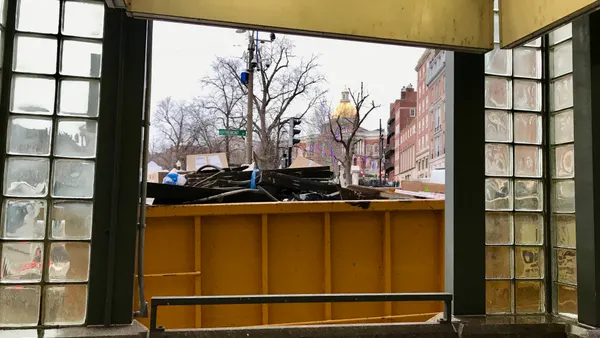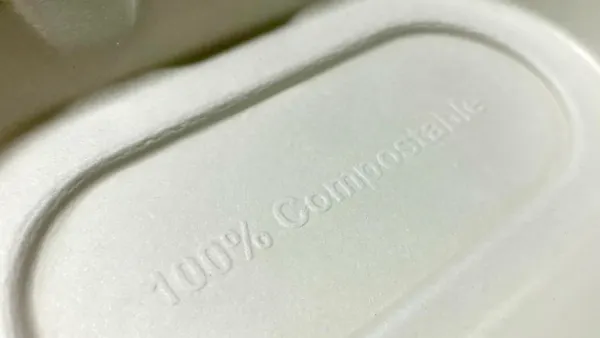Dive Brief:
- A new survey from Wisconsin's Department of Natural Resources (DNR) shows that the number of unused electronic devices increased to more than 8 million in 2016, as reported by E-Scrap News. About 48% of cell phones were unused, followed by 29% of computers and 22% of TVs.
- General awareness about where to take electronics for recycling increased to 48%, up from 28% when the survey was last conducted in 2013. More people knew about DNR's E-Cycle Wisconsin program as well, up to 28% from 23%. Though 21% of respondents still reported not being able to recycle a device in the past 12 months for a variety of reasons and knowing where to go was cited as the most common one.
- A point of concern for DNR, which it noted could be due in part to statistical error, was an increase in the amount of TVs and computers being put directly into the trash by residents. These numbers were still small compared to recycling, but could mark the beginning of a new trend. Conversely, the number of cell phones being disposed was at a record low since regular surveys began.
Dive Insight:
Since Wisconsin's electronics recycling law took effect in 2010, the state has conducted four residents surveys as part of its public outreach mandate. This most recent survey had lower response rates than ones in the past, with representation lacking from 18- to 35-year-olds as well, though it still provides useful insight into consumer behavioral trends and preferences. Among other observations, the survey found an increase in computer purchases that could be attributed to the growing popularity of tablets and a notable level of concern about data security in the recycling process.
This storage trend was previously noted in E-Cycle Wisconsin's annual report for 2016, which showed an increase in the amount of devices being recycled from the previous year and a drop in CRT units coming in. That same report also recommended finding ways to focus more on rural areas and updating definition of what products are covered under the manufacturer-funded program to recognize newer devices.
Cell phones may take up less space in people's homes than old CRT units or other devices and could be seen as a lower priority for recycling by some. A growing interest in reuse and repair among some cities presents new opportunities to give these devices a new life once their owners trade up. Though that will also require manufacturers to start being more cooperative about designing the devices for repair in the first place.









